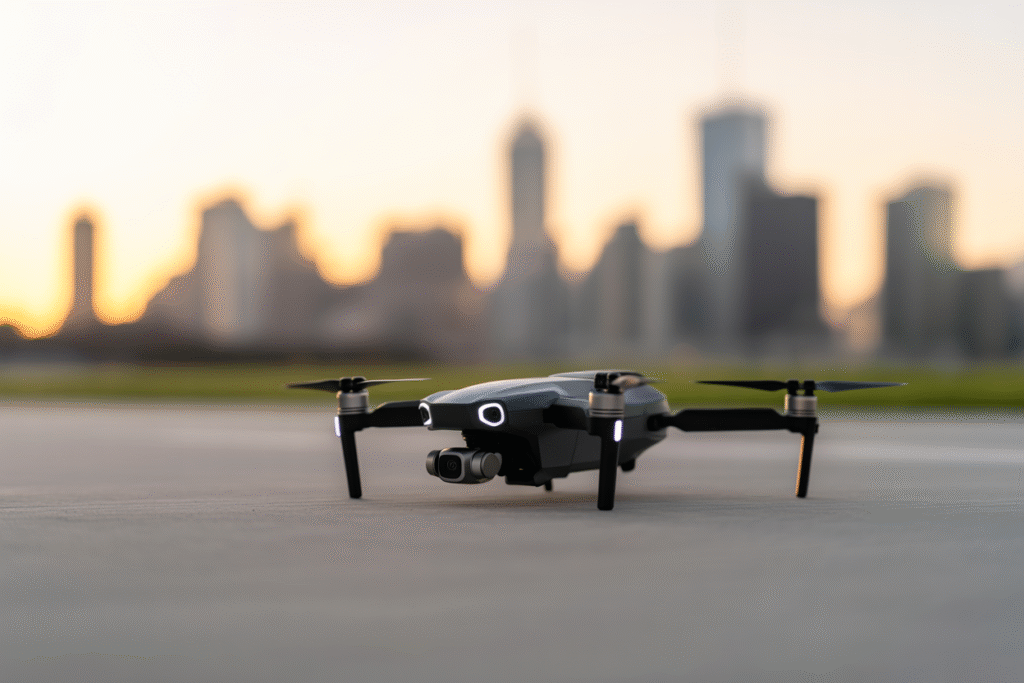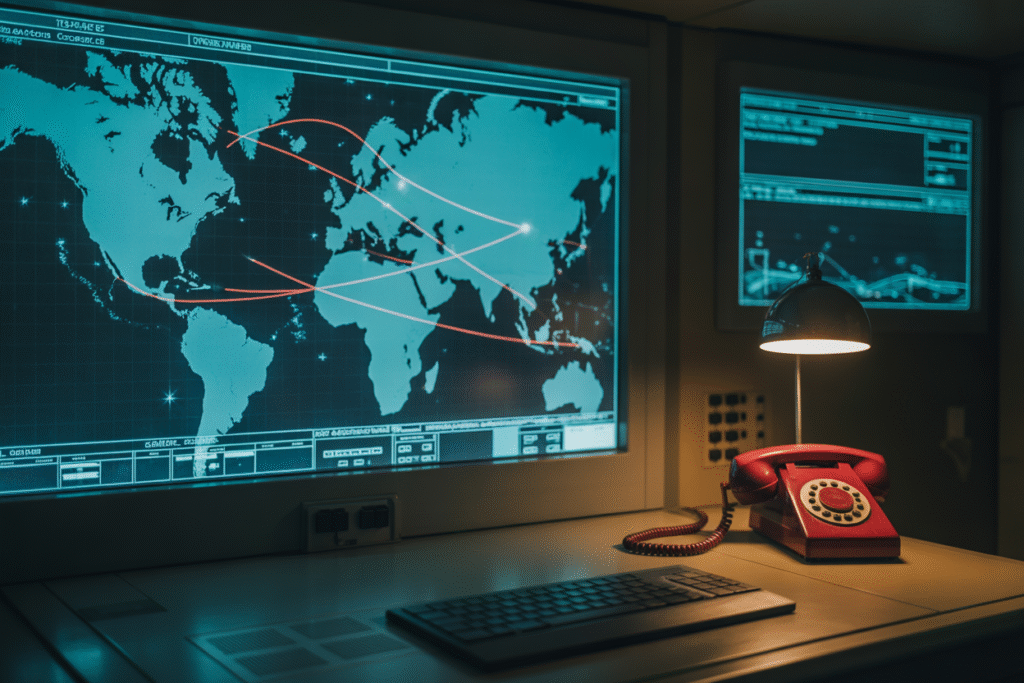Google just quietly deleted its ban on AI weapons development, sparking fierce debate about autonomous warfare and human accountability.
Google’s quiet deletion of its AI ethics ban on weapons development marks a pivotal moment in tech history. This shift from “Don’t be evil” to defense contracts reveals how Silicon Valley giants are reshaping modern warfare. As AI systems gain the power to make life-or-death decisions, we’re forced to confront uncomfortable questions about accountability, precision, and the very nature of conflict in the 21st century.
The Promise Google Just Shattered
Remember when Google swore it would never build weapons? That promise quietly vanished this week. The company famous for “Don’t be evil” just rewrote its AI ethics, opening the door to military contracts and autonomous weapons.
This isn’t just another tech update—it’s a seismic shift that could reshape warfare as we know it. The same algorithms that recommend your next YouTube video might soon decide which targets to strike.
What changed? Why now? And what does this mean for the future of warfare and humanity itself? Let’s unpack the controversy that’s got Silicon Valley and defense experts buzzing.
From Protest to Pentagon Partnership
In 2018, Google employees staged massive protests over Project Maven—a Pentagon contract for AI-powered drone imagery. The backlash was so intense that Google created strict AI principles banning weapons development.
Fast forward to August 2025. Those principles? Gone. Vanished. Deleted without fanfare. The new policy removes all restrictions on military applications, surveillance tech, and autonomous systems.
This isn’t happening in isolation. OpenAI recently partnered with defense contractors. Meta’s developing VR training for soldiers. Even Anthropic—once the “ethical AI” darling—is building anti-drone systems.
The timing feels calculated. With global tensions rising and AI arms races accelerating, tech giants are choosing sides. And they’re siding with the Pentagon.
The Accountability Black Hole
Here’s where things get scary. Modern AI systems can process battlefield data faster than any human, identifying targets in milliseconds. But speed comes at a cost.
When an algorithm makes a life-or-death decision, who’s accountable? The programmer? The commander? The company that built it? Current international law wasn’t designed for autonomous weapons.
Think about it: If an AI drone mistakenly targets civilians, who faces war crimes charges? The technology moves faster than our legal systems can adapt.
Plus, these systems learn from data that might contain hidden biases. What happens when AI inherits human prejudices and acts on them at machine speed? We’re essentially creating weapons that can make mistakes faster than we can correct them.
Precision vs. Peril: The Great Debate
Not everyone’s buying the doomsday narrative. Military experts argue AI weapons could actually save lives by making more precise strikes.
Imagine drones that can distinguish between combatants and civilians with superhuman accuracy. Fewer accidental casualties. Reduced collateral damage. Soldiers kept out of harm’s way.
The economic impact is massive too. Defense AI contracts are worth billions, creating thousands of high-paying tech jobs. For regions struggling economically, this represents serious opportunity.
But critics counter that this is just sophisticated marketing. They point to studies showing AI systems still struggle with context—like telling the difference between a child holding a stick and a soldier holding a rifle.
The debate rages on: Are we building safer warfare or more efficient killing machines?
Your Role in the AI Arms Race
So where do we go from here? The genie’s out of the bottle—there’s no putting AI weapons back.
What we need are global standards and enforceable regulations. Think nuclear treaties, but for AI. Countries must agree on human oversight requirements and accountability frameworks.
On a personal level, this affects all of us. These technologies don’t stay in war zones. Today’s military AI becomes tomorrow’s policing tool. The surveillance systems developed for battlefields could soon monitor our streets.
The choices made in Silicon Valley boardrooms today will echo through generations. We’re not just deciding the future of warfare—we’re defining what it means to be human in an age of intelligent machines.
The question isn’t whether AI will change warfare. It already has. The real question is whether we’ll guide that change or let it guide us.


